As the fight against diversity, equity, and inclusion (DEI) rages in conservative state legislatures across the country, conservatives are also increasingly fighting the ideology in corporate board rooms now using the same DEI tactics that helped its implementation in the first place.
Recently, conservative investors have been leveraging the power of shareholder votes once used by progressives to install DEI to attempt to replace it with new anti-DEI proposals or increase pressure on companies.
Tactical Embrace
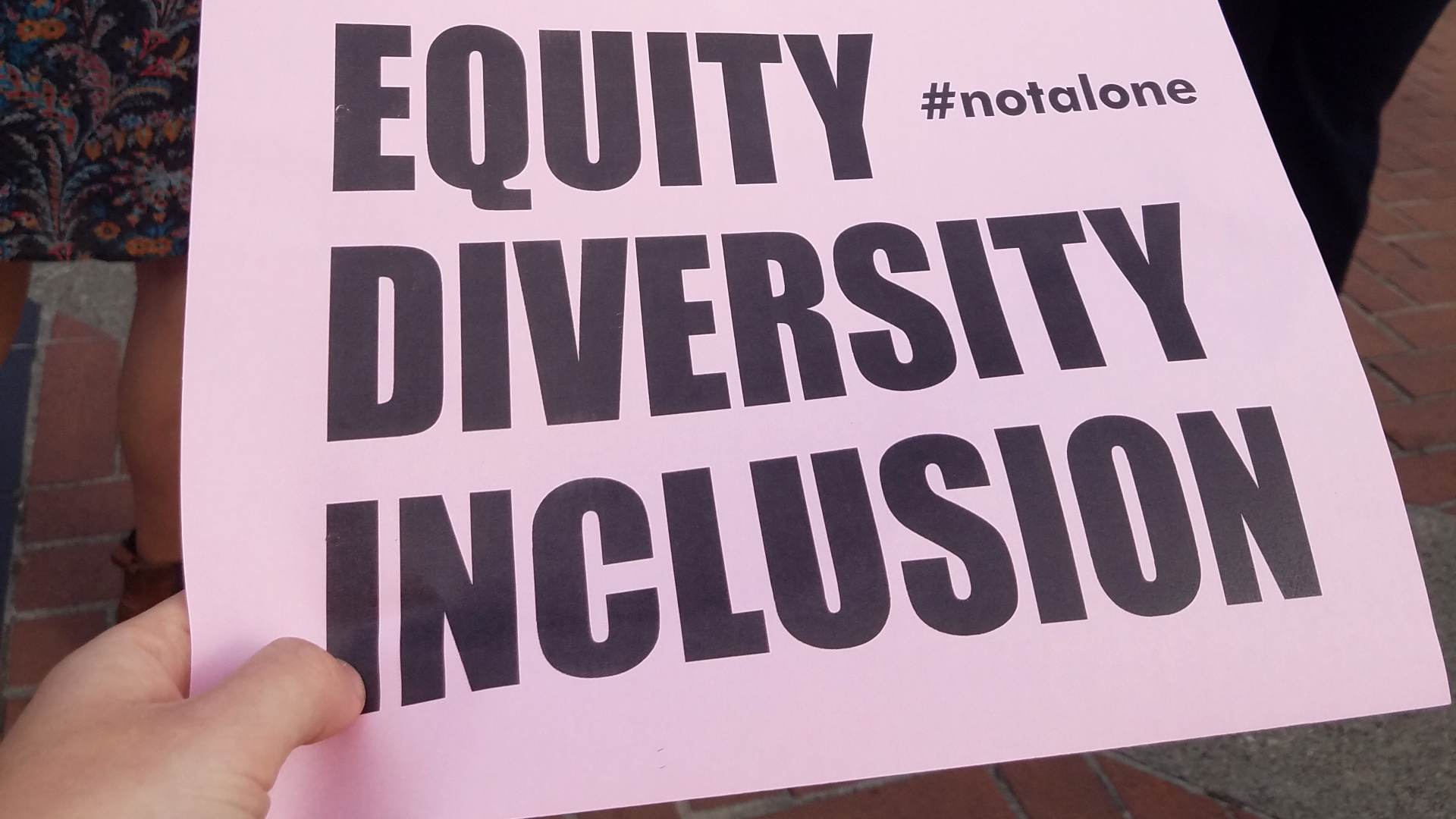
In 2021, there was only a single solidly anti-DEI shareholder proposal filed. However, a recent Bloomberg report found that 42 such proposals have been filed by prominent conservative investors so far this year.
While still far behind the number of pro-DEI proposals accepted, it still represents a substantial increase as backlash against DEI grows.
DEI Backlash

In recent years, conservative backlash has grown tremendously, with DEI itself becoming a major political issue.
Some attribute this growing tide of DEI rejection to prompting recent moves by big companies. Last month, Microsoft voted to completely fire its entire DEI team, citing DEI as “no longer business critical” in an internal email.
Right Versus Left
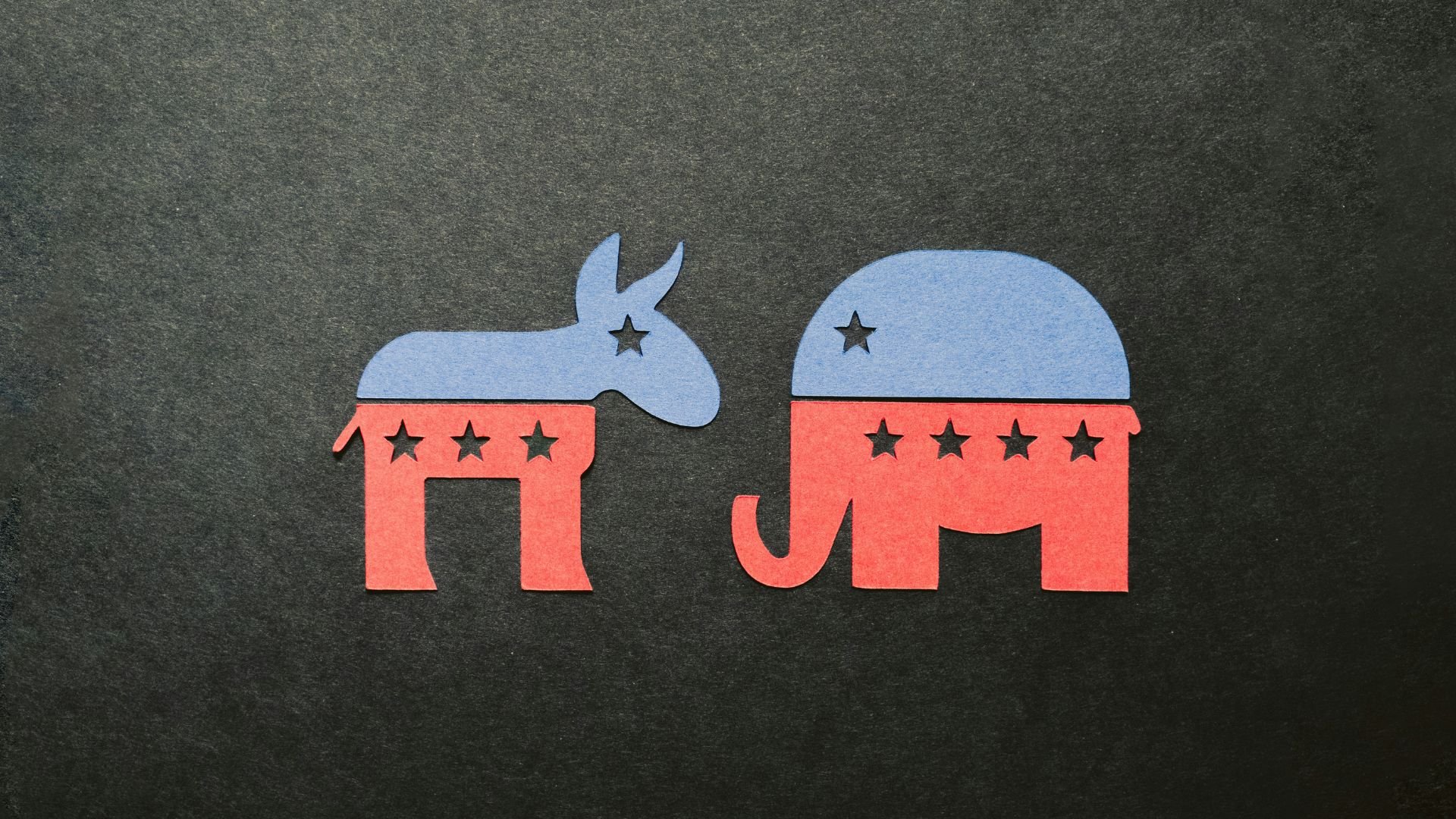
Luke Perlot of the National Legal Policy Center (NLPC) described his embrace of tactics used by the left to fight DEI.
“We come in and we start hitting them from the right with proposals that are pretty much anti to proposals being brought by the left, and it’s almost like they can now cancel each other out,” Perlot said.
Lacking Support
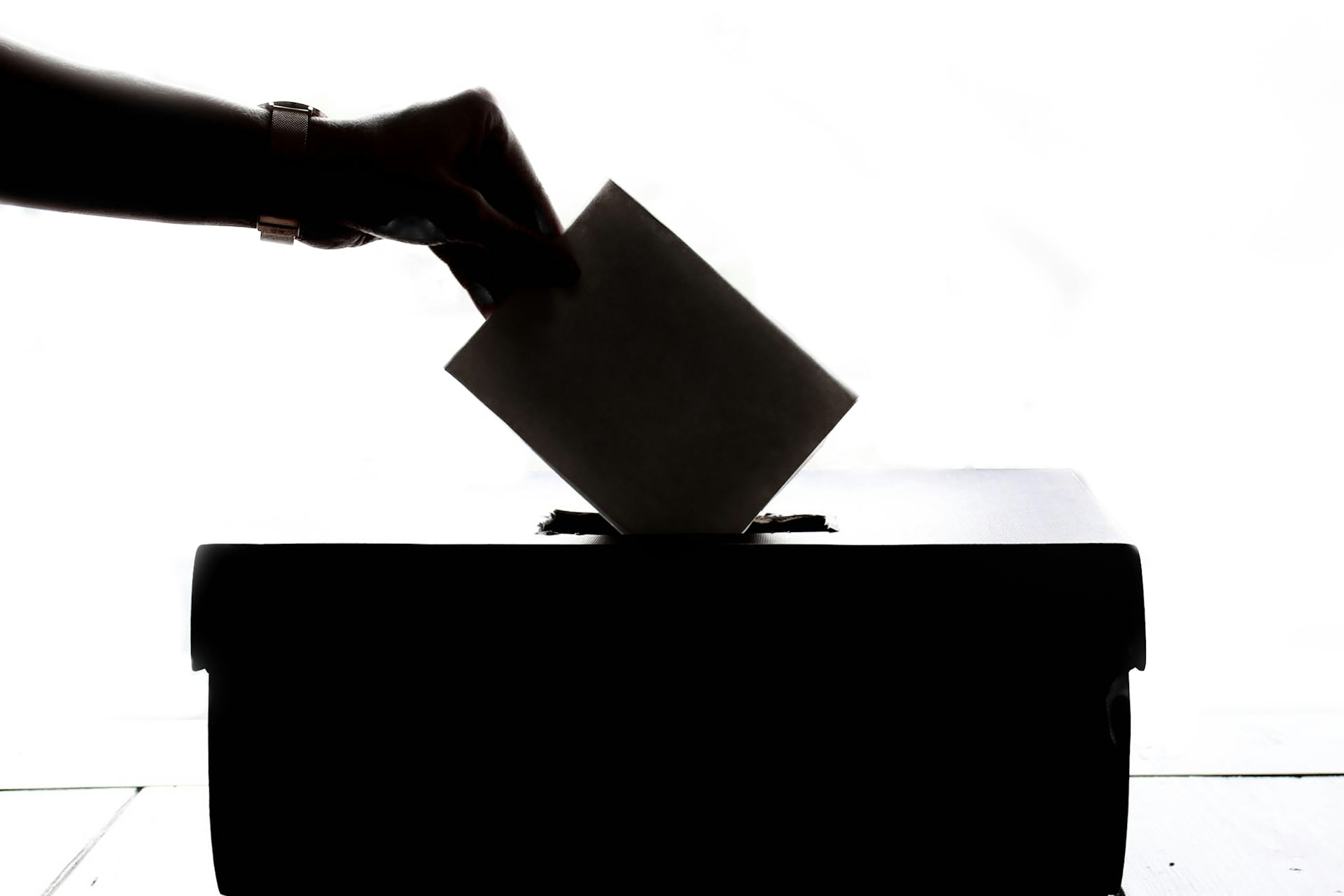
Although more anti-DEI proposals are being filed, a Bloomberg analysis showed that they are not yet getting traction.
Anti-DEI proposals averaged only around 2% shareholder support in 2024, much lower than the 18.5% backing that pro-DEI proposals have gotten.
Explaining the Gap

Perlot feels that the lack of support for anti-DEI proposals in corporate America is proof that they have moved “mostly to one side and [are] neglecting the other side of these issues” as a result of being too progressive.
This is underscored by the fact that anti-DEI resolutions made up more than one-third of social issue resolutions this year but were overwhelmingly voted down.
Coordinated Campaign

Conservatives are banding together to coordinate a campaign targeting companies like Boeing, Alphabet, and Pepsi to try to break what they see as corporate America’s progressive stranglehold.
An anti-DEI proposal at Boeing, gaining the backing of 5.3% of shareholders, would require Boeing to report risks created by its own DEI strategies.
Why Are Critics Against DEI?
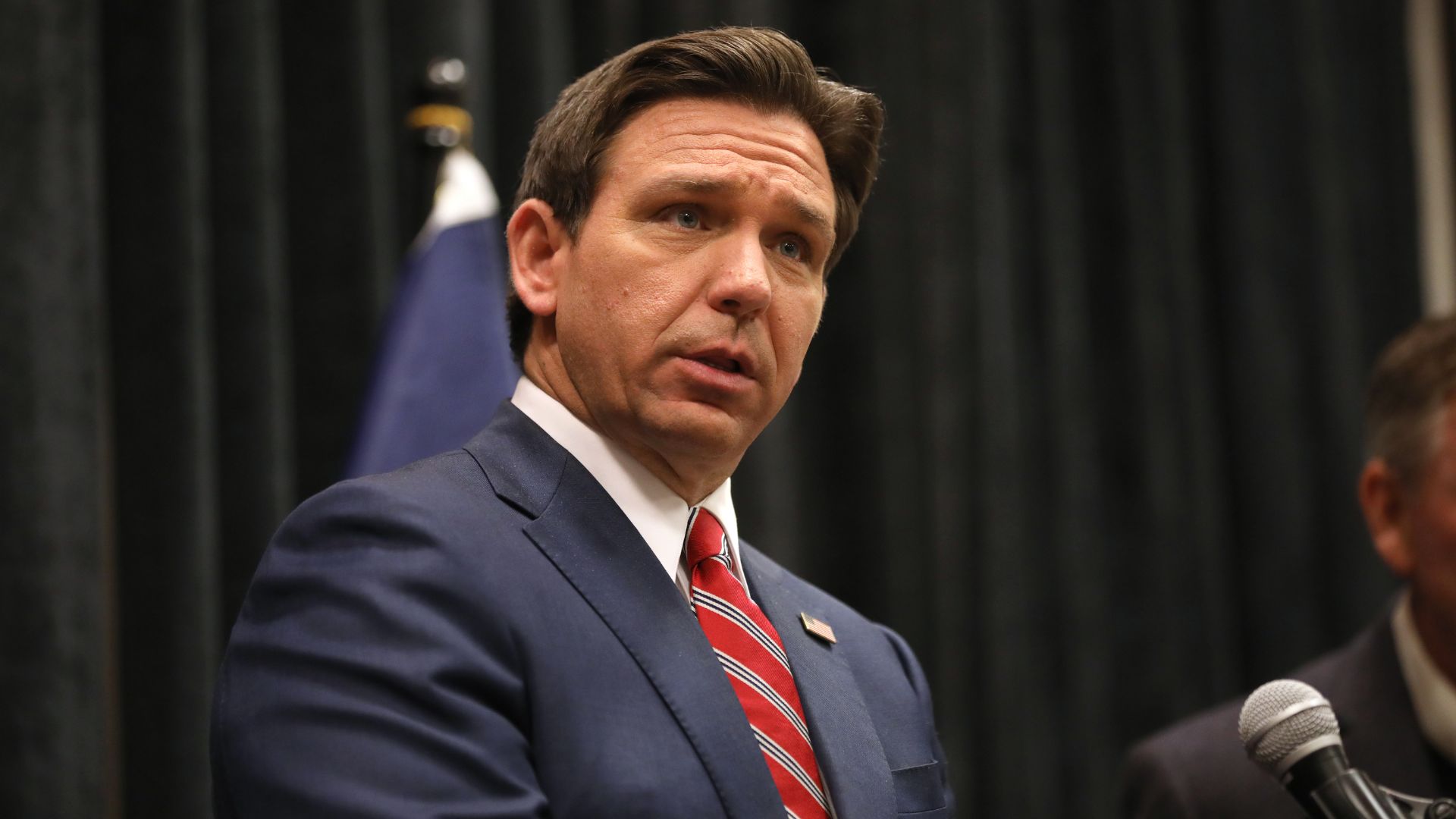
While supporters of DEI see related policies and programs as essential for creating equal conditions in the workplace, critics see it as accomplishing the opposite.
“The Left tells us DEI stands for ‘Diversity, Equity, and Inclusion.’ But as practiced, it more closely represents ‘Discrimination, Exclusion, and Indoctrination,’” said Florida Governor Ron DeSantis in a November X post.
Losing Competitiveness

Stefan Padfield, director of the Free Enterprise project at the National Center for Public Policy Research (NCPPR) feels that DEI proposals have made companies less competitive.
For Padfield, fighting DEI is ‘pro-fiduciary’ and he hopes to bring the political balance of corporate America back to “neutrality.”
Creating Confusion

Another strategy employed by some anti-DEI proposals is that they are created to appear similar to DEI initiatives but have different goals in mind.
By utilizing similar language, Bloomberg reports that some anti-DEI proposals can sow confusion among shareholders. This can be done as a way to increase pressure on companies, rather than trying to win over shareholders outright.
Wreck the System

Heidi Walsh, who heads the non-profit Sustainable Investments Institute, told Bloomberg that such conservative recommendations come from a “wreck-the-system” perspective.
“There are people who are actually serious about this and are making policy proposals that they think will make things better,” Welsh said. And there are anti-DEI groups that “just want to blow it up.”
American Perspective on DEI
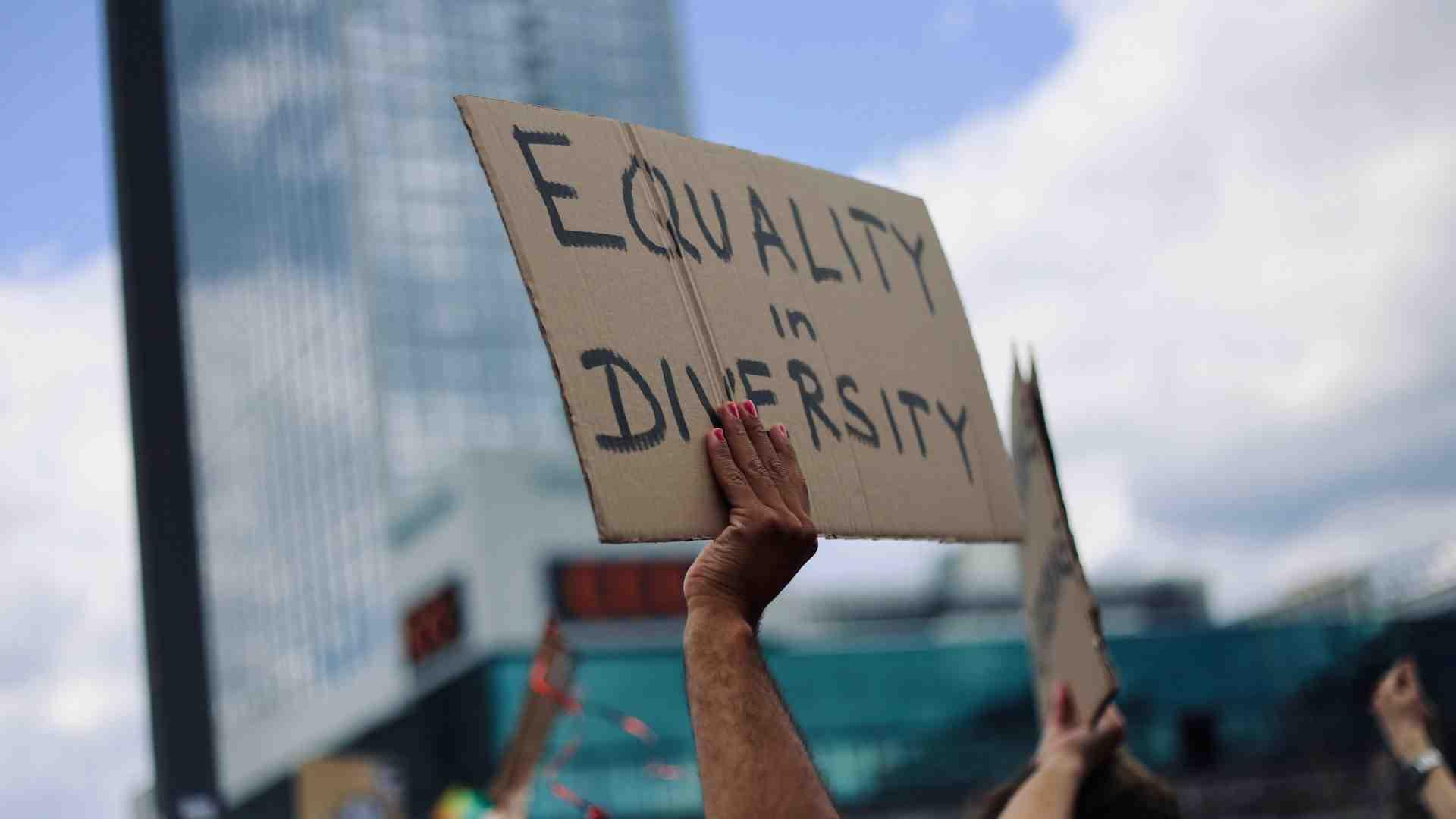
A Pew Research study from last year found that around 52% of American workers said they have DEI training and meetings at work.
The Washington Post published a poll in June that found that 6 in 10 Americans support DEI initiatives in the workplace.
